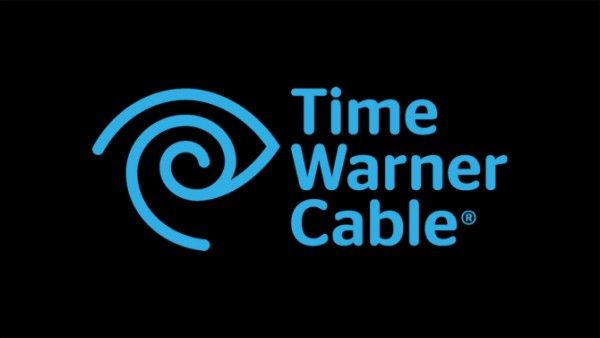Who would’ve thought this streaming thing would take off, hmm? Not the cable companies. But then again, they’re not usually on the forefront of innovation. One of the things that has set Hulu apart in an increasingly competitive streaming marketplace (and especially against a behemoth like Netflix) has been the fact that viewers can watch shows the day (or week) after they air, and catch up with current seasons. But, instead of seeing this as a way to increase audience size and popularity of current shows, Time Warner sees it as an infringement on their money making.
Therforee, the shadowy cable company is looking to buy a 25% stake in Hulu, largely for the purpose of stopping its most attractive feature. In a story from the Wall Street Journal (via /Film),
“Time Warner believes that the presence of full, current seasons on Hulu—or anywhere else outside the bounds of pay-TV—is harmful to its owners because it contributes to people dropping their pay-TV subscriptions, or “cutting the cord.” In the discussions about taking a 25% equity stake in Hulu, Time Warner has told the site’s owners that it ultimately wants episodes from current seasons off the service, at least in their existing form, although that is not a condition for its investment, according to the people familiar with the discussions.”
Online ad revenue is still small compared to live TV, but it’s evidently enough to make most content providers interested in taking their series off of aggregate streaming platforms like Netflix, Hulu, and Amazon, and instead launching their own free or paid streaming platforms (like we reported CBS and Time Warner might do for the CW soon). And of course, Showtime and HBO have launched their own standalone apps recently as well. Speaking of HBO, they are also owned by Time Warner …
Still, it feels like Time Warner would only be hurting themselves if they go through with the deal. The change would maim their investment (Hulu) although they might feel that they are saving costs on the cable side in the long run. But really? The cable TV business model is a dinosaur that needs to be overhauled, and stalling the process will not help things (including a Hulu subscription in cable packages would be a smarter move). And look, I don’t have numbers on how the growing availability of shows on streaming platforms has affected piracy, but intuitively, if Time Warner starts cutting off legitimate ways to watch programming beyond cable, piracy will surely be on the increase.
Buying stakes in competitors in order to cripple and kill them has been a practice of businesses since businesses were first a thing, and if Time Warner goes through with its Hulu plan it won’t be much of a surprise. But it will be a supremely boneheaded move. It’s not a game that’s going to be won that way in the long term.



